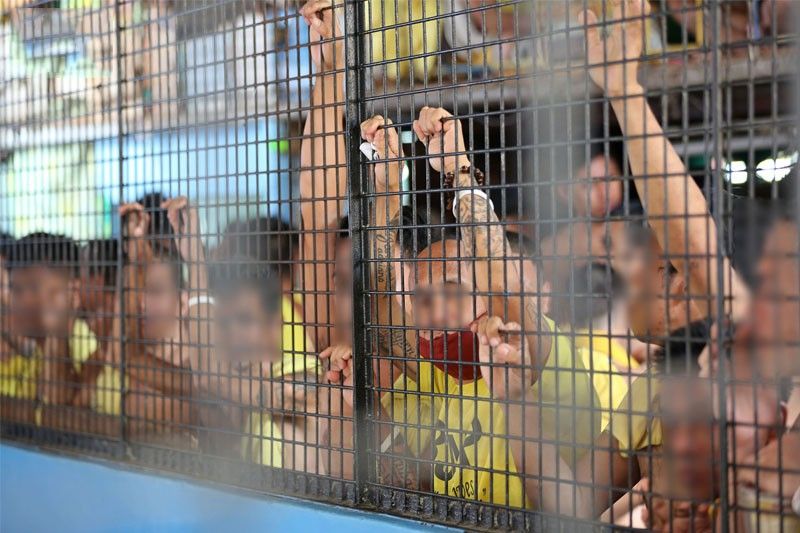SC allows Comelec to proceed with registration of PDLs

MANILA, Philippines — Due to the petitioner’s failure to present an actual case or controversy that would warrant a judicial review, the Supreme Court (SC) has allowed the Commission on Elections (Comelec) to proceed with its registration of persons deprived of liberty (PDLs) as voters.
In a nine-page ruling promulgated on March 29 this year but published only on Aug. 30, the SC declared that the petition filed by lawyer Victor Aguinaldo against the Comelec was dismissed “for failing to establish the requisites of the judicial review” as it lifted the Aug. 19, 2016 temporary restraining order against the poll body’s resolution.
Comelec Resolution 9371 covers detainee voters who are confined in jail, formally charged for any crime/s and awaiting or undergoing trial and serving a sentence of imprisonment for less than one year.
Also covered are detainees whose conviction of a crime involves disloyalty to the duly constituted government such as rebellion, sedition, violation of the firearms laws or any crime against national security or for any other crime on appeal.
The SC also declared Aguinaldo’s petition lacks legal standing as he failed to present an actual case or controversy that would warrant judicial review.
Comelec acting spokesman Rex Laudiangco said they are still waiting for the official copy of the resolution before issuing a statement about the decision of the SC penned by Associate Justice Jhosep Lopez.
Before the SC ruling, Aguinaldo sought to declare Comelec Resolution 9371 as unconstitutional as it violates the “equal protection of laws favoring PDL voters over other classes of voters” and failed to provide its own implementing rules and regulations, among other concerns.
The SC granted Aguinaldo’s petition, issuing a temporary restraining order against the Comelec resolution, but it allowed qualified PDLs to cast their vote in the national level during the May 2016 presidential elections.
- Latest
- Trending































